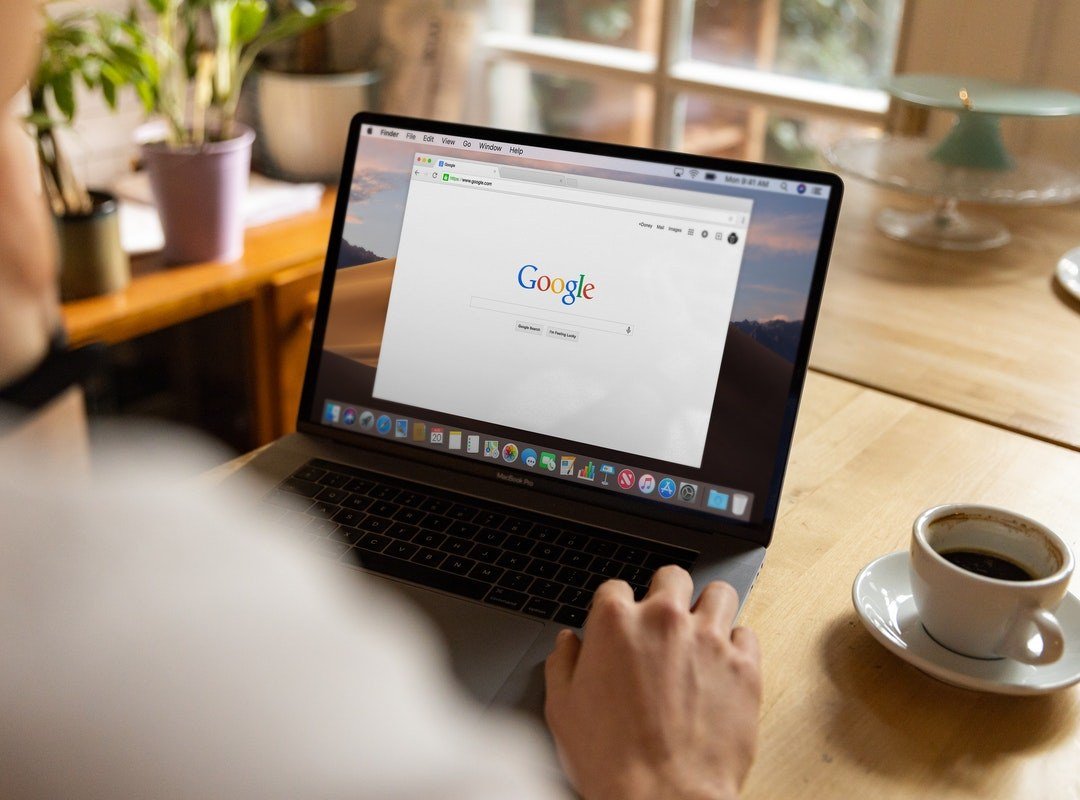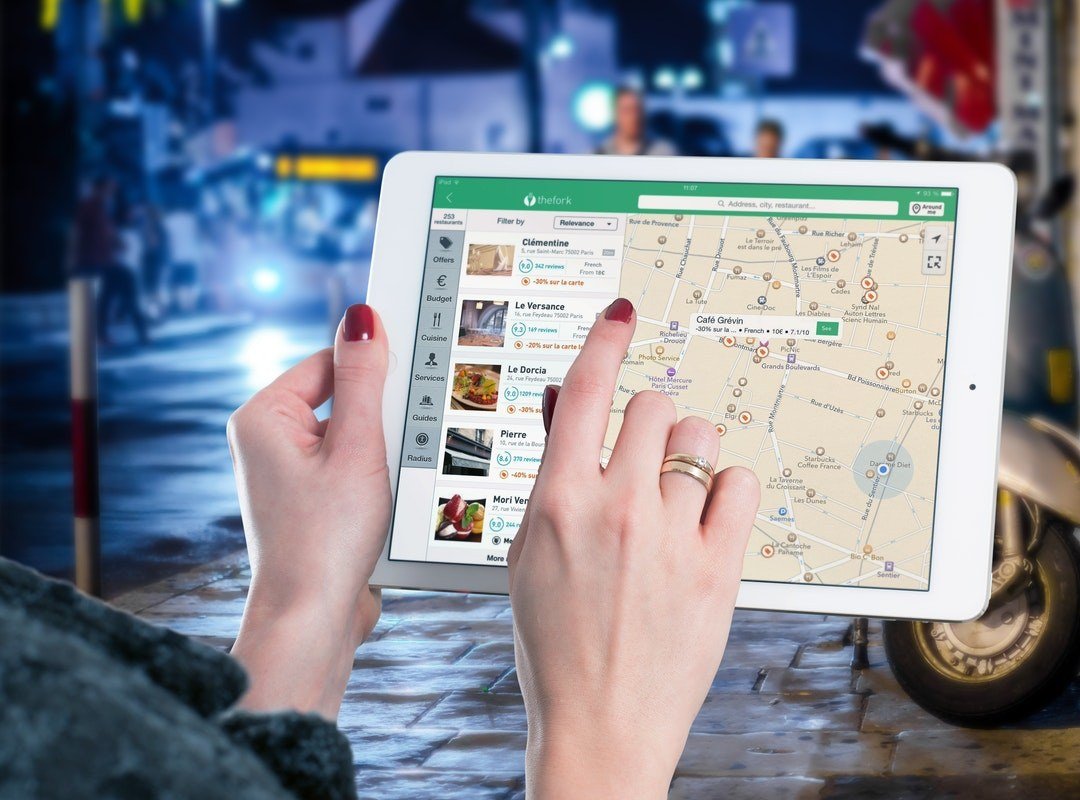Protecting your online presence isn’t just essential in today’s digital world, it’s a must. Hackers, malware and DDoS attacks are real threats to the security of websites like yours, so don’t take any chances. Put into place measures that keep your website safe and secure user data. Otherwise, you could go from hero to zero with one wrong click. Therefore, you must take essential security measures for a website. In this article, we have highlighted some key security measures for a website so you can rest easier knowing that your website is protected.
Consider arming yourself with some of the best security measures available, like SSL certificates to encrypt data in transit, multi-factor authentication for user accounts, and regular software updates to patch vulnerabilities. Keep your website secure and protected with these top-notch security measures for a website. Take a proactive stance against cyber-attacks, malicious activity, and data breaches to stay one step ahead.
1. Secure Hosting
The foundation of website security lies in the choice of a reliable web hosting provider. Give your website the ultimate security with a trustworthy web hosting provider that offers unbeatable features like firewalls, anti-virus software, IDPS and backup services.
These safeguards will provide unparalleled protection against online threats to ensure your online presence is safe from prying eyes and malicious activities, giving you peace of mind knowing it’s in good hands. You must understand the importance of security measures for a website in order to protect your website from any malicious activities.
2. SSL Certificates
SSL certificates are an essential tool for securing your website, and they provide an extra layer of protection against hackers. SSL certificates encrypt data as it is transferred between servers and user’s web browsers, making it difficult for attackers to intercept it. This encryption prevents third-party snoopers from intercepting user data and steal sensitive information, such as personal credentials, payment card details, and any other confidential data. Read our blog on A GUIDE TO HTTPS AND HOW TO MAKE A WEBSITE MORE SECURE to understand in-depth about the importance of Https and how you can make your website more secure.
You should use SSL certificates for any website that collects sensitive information, such as e-commerce sites, online banking platforms, and online payment gateways. Be sure to renew your SSL certificate before it expires, as expired certificates can leave your website and its users vulnerable to cyber-attacks. This is one of the most important security measures for a website.
3. Password Policies
Implement a robust password policy for your website users to enhance its security. The policy should specify that users create a strong password using a mix of special characters, numbers, uppercase and lowercase letters. Also, you should encourage users to use password managers as these tools generate complex passwords and save them securely. Confidential accounts, such as administrator accounts, should have stricter password requirements to ensure enhanced security.
4. Two-Factor Authentication
Two-factor authentication is an essential security measure for a website that adds an extra layer of protection to your website. This security feature involves providing a second way of authentication when logging in, such as fingerprint scanning, facial recognition, one-time passwords (OTP), hardware tokens, or SMS verification. But when adopting SMS-based two-factor authentication, it is important to be aware of the risks of phone number spoofing, which can compromise the security of this feature. To avoid this, choosing a reliable SMS verification service provider is crucial. Read our blog on BULK SMS AND EMAIL MARKETING: A COST EFFECTIVE STRATEGY to have an in-depth understanding of how you can use SMS & Email marketing for your company without hampering your website security.
One provider that stands out from the rest is SMSVerification.xyz, due to their superior offerings of fast, secure, and reliable services. With their online number system, users can quickly and easily verify any service worldwide without the need to use their personal numbers. Whether you require a one-time SMS verification or extended and unlimited texts, SMSVerification.xyz has got you covered. Two-factor authentication increases the security of your website by complicating the attack vector for cybercriminals. They would need more than just a user’s password to access the site, making it more challenging to penetrate the system.
5. Regular Software Updates
Regularly updating your website software and applications is an essential security measure for a website. Outdated software can have numerous security vulnerabilities, leaving your website exposed to cyber-attacks such as phishing attacks, backdoor attacks, and SQL injection attacks. Therefore, always keep your website’s software and plug-ins up to date. It’s also vital to test any new software or plug-ins before implementation to avoid any potential defects or hacking vulnerabilities.
Website downtime can lead to significant losses, so ensure you institute a recovery plan to avoid losses in case of an attack. Read our blog on THE RISE OF SOFTWARE DEVELOPMENT IN PORTUGAL: A GUIDE FOR BUSINESS to have an in-depth understanding of the importance of software development in today’s digital world.
6. Backups
Backing up your website is essential for preventing data loss and recovering from security breaches. Creating regular backups of your website files and database can ensure that you have a recent copy of everything in case of a cyber-attack or accidental data loss.
Being able to restore your website to a previous version can save you time and money in the long run. Storing your backups in a secure, off-site location can also prevent them from being lost in the event of a physical disaster. Read our blog on SECURITY MEASURES ADOPTED BY AD AGENCIES FOR DATA PRIVACY OF CLIENTS to have an in-depth understanding of the importance of data security.
7. Firewall Protection
Firewall protection can block unwanted traffic and malicious attacks from reaching your website. Firewalls can act as a layer of defense between your website and the internet, monitoring and blocking traffic that is deemed suspicious. Some website hosts include firewalls in their hosting plans, while others can be purchased and installed separately. Setting up a firewall can provide an additional layer of security, making it harder for cybercriminals to access sensitive information.
8. Content Security Policy
A content security policy (CSP) can help prevent cross-site scripting (XSS) attacks. XSS attacks occur when a hacker injects malicious code into a website, tricking a user into unknowingly running that code. A CSP sets rules for allowable content on your website, limiting the types of scripts and styles that can be used. By restricting the types of content that can be loaded on your website, you can mitigate the potential for XSS attacks.
9. Website Vulnerability Scans
Performing regular website vulnerability scans can identify potential security weaknesses and allow for prompt remediation. Vulnerability scans can reveal weak login credentials, outdated software, and other potential security gaps. These scans can be done manually or through automated services. Conducting vulnerability scanning at least once a month can ensure that your website stays secure and data stays safe. Responding quickly to any identified issues is important for mitigating the impact of any potential breaches. Strengthen Your Website with Key Security Measurements.
In conclusion, as a website owner, safeguarding your customer’s sensitive info and protecting your website from cyber-attacks should be top of mind. Investing in security measures for a website like SSL certificates, multi-factor authentication (MFA), and consistent software updates will go a long way toward reducing the risk of breaches. So don’t delay. Prioritize website security today to build trust with visitors and credibility for your business online.















